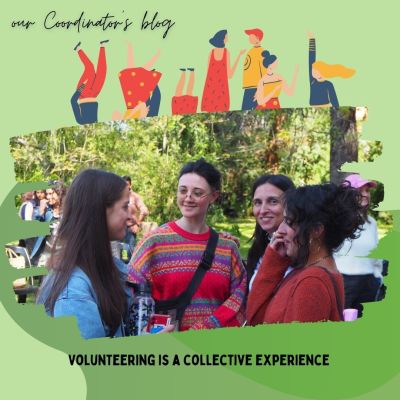Is there one small cause or interest in your life that you would be keen to do on a larger scale? If the choice is overwhelming why not pick one at random and go from there, you can always change what you’re doing later. For volunteers who take on a lot of different causes, it's common to experience burnout which is something we want to avoid! If you find somewhere where you’d like to volunteer, start with fewer days and hours than you think you would actually like to do, you can always add more in later.
You don’t need to be an expert
When first deciding to get involved in voluntary work, it’s normal that you don’t know everything! Wherever you are, there will be people there with a lot more knowledge than you who are happy to share, so listen, and ask as many questions as you need to for you to feel comfortable enough. The more comfortable and clued up you feel, the more you’ll be able to get involved and benefit yourself and others.
Remember the wins!
When we volunteer it can be because we think that something is not good enough and needs to change. It’s very helpful to have clear goals, and often the things that aren’t working can be good motivation, but it’s important to celebrate and notice the little things, however small they may be. If it's hard for you to think like this, make a conscious effort to write down on a regular basis all of the good things that you and your movement are accomplishing.
You can’t help all the time
This seems very simple but it can be hard to remember. You are one person with points in your life where it will be easier and more difficult to volunteer. It can be tricky, but try not to feel guilty if there’s events you have to turn down, or times when you need to take a step back. As long as you communicate with the people around you, you are well within your right to take a step back if need be (it is voluntary after all!). It’s always going to be better to volunteer when you genuinely want and feel able to than when guilt is compelling you to do so.
In summary
It’s not always easy to know where to start, but once you begin to volunteer doing something that interests you, it’s extremely rewarding. Why not check out the rest of our website to find out more about opportunities volunteering in South America? Find what you’re interested in, and discover a whole new culture at the same time!





